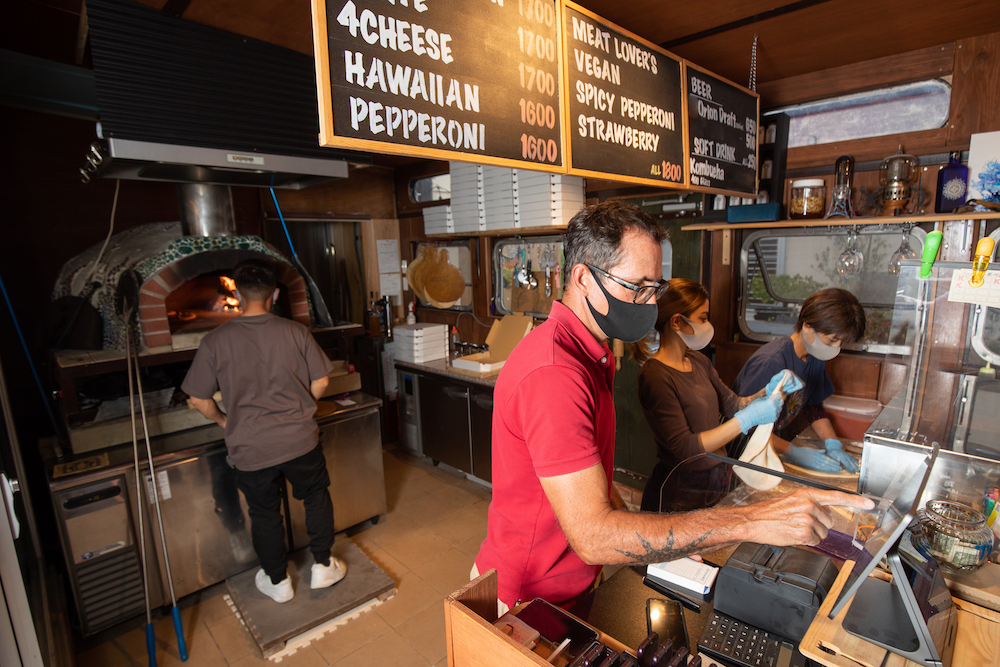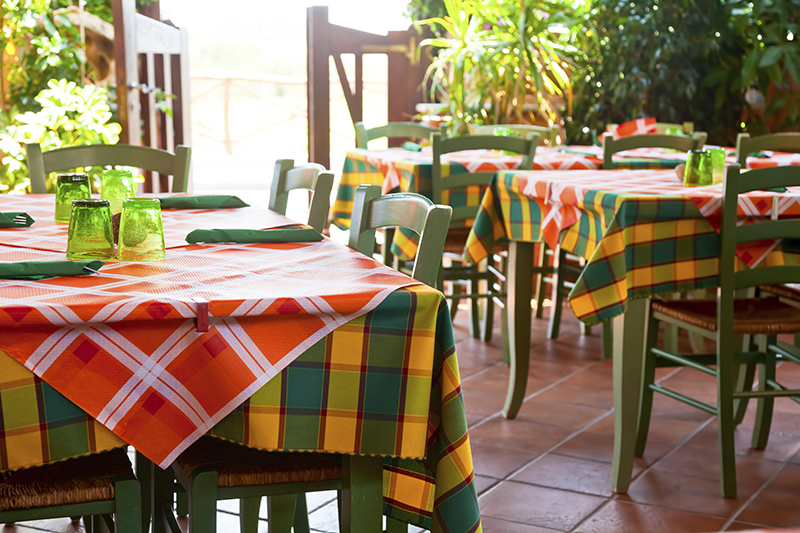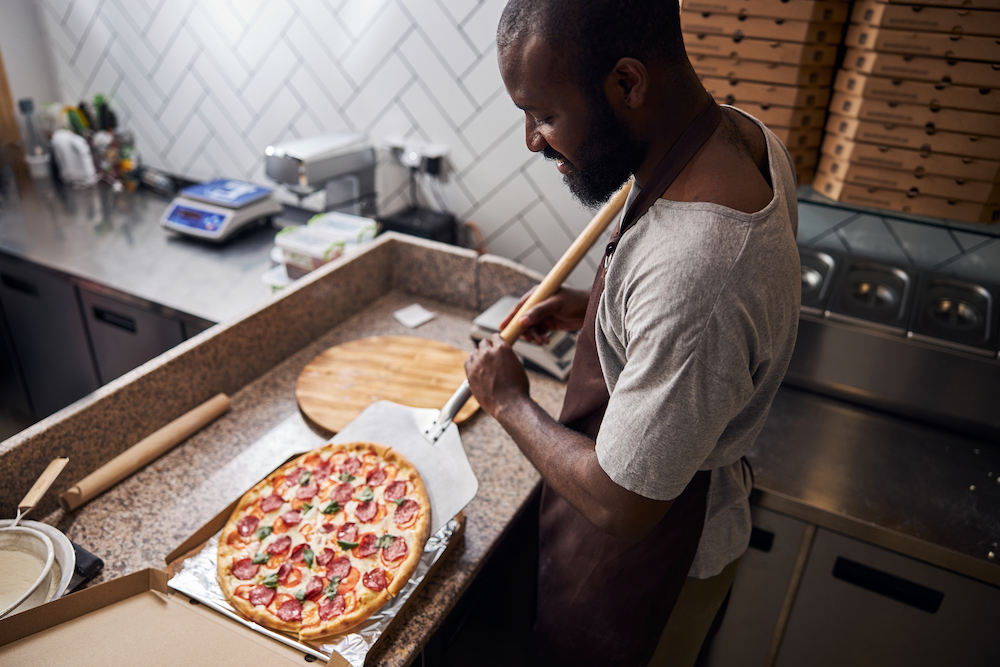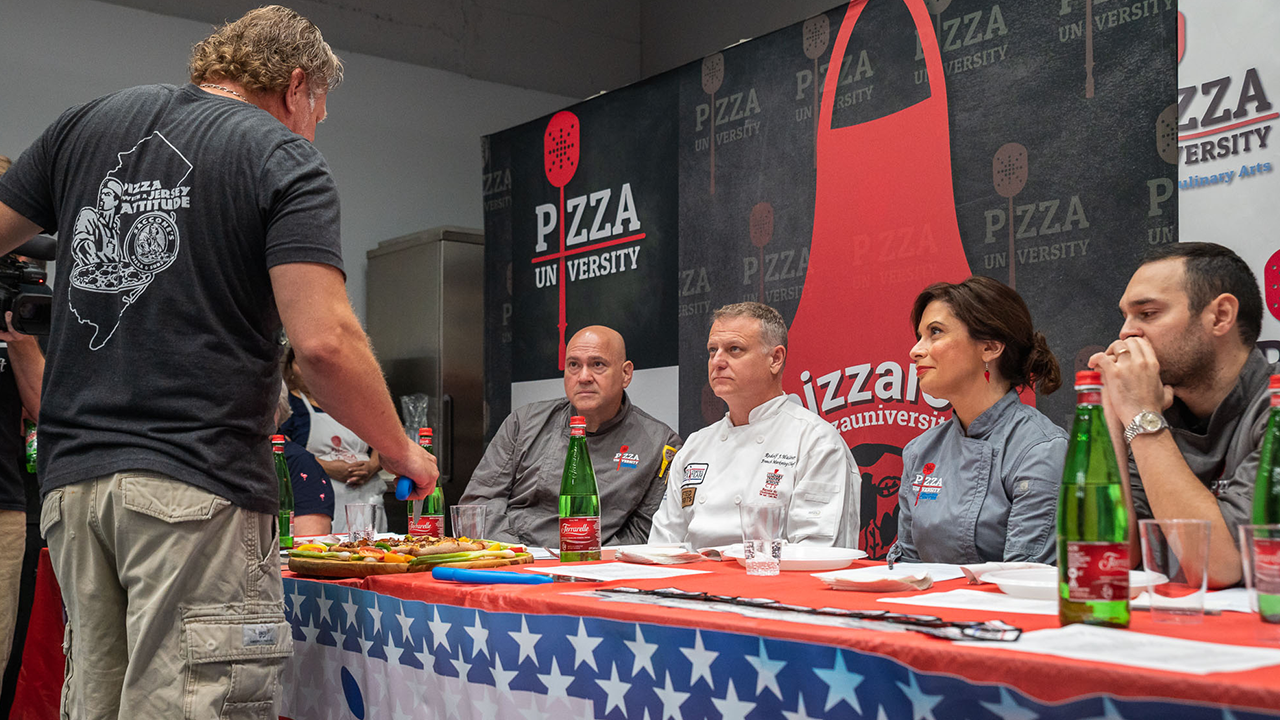Plastic is a material with many applicable and necessary uses, thanks in part to its long-lasting nature. This extended life, however, also is why the world has a problem with plastic.
Many plastic materials cannot be or are not recycled and do not biodegrade in a landfill, leaving the earth and its oceans crawling with plastic waste. National Geographic states that there are more than 5.25 trillion pieces of plastic debris in our oceans. This accumulating mass of plastic spells bad news not just for marine life and ocean environment, but for humans, too. Generally speaking, a copious consumption of single-use plastics—items designed to be used once and then discarded (either in the garbage or recycled)—is the biggest contributing factor to plastic waste by the average person. Single-use plastic includes items like straws, plastic bags, disposable water bottles and most food packaging.
Related: An eco-friendly strategy is turning green into gold at Earth Bread + Brewery.
Due to the mass amounts of single-use plastic that are consumed and immediately discarded in the U.S. alone, many businesses, organizations and municipalities across the country have implemented or are working to implement a ban on single-use plastic. For example, cities like Malibu and Seattle have put a ban on plastic straws and utensils, and the Starbucks corporation announced plans to eliminate plastic straws by 2020. With this momentum in place, it’s important for owners and operators to consider making changes as well, both for the health of the environment and for your business. While eliminating plastic 100 percent from your pizzeria might be unrealistic, here are four ways you can reduce the plastic waste generated at your restaurant(s).
1. Recycle, Recycle, Recycle
One simple way to reduce plastic waste in your restaurant is to start recycling, both in the front of house and back of house. Many waste haulers offer recycling services, so contact your hauler to get information on the best way to start implementing a recycling system. You might not always be able to control whether a consumer throws their plastic waste in the correct bin, but you can make sure your staff recycles correctly. Since so many ingredients come in plastic packaging, teach the back-of-house staff how to properly dispose of plastic waste. The first line of defense is to keep this plastic out of landfills and send it to a recycling center, where it can become something new instead.
2. Ditch the Straws
Getting rid of plastic straws is another easy step in reducing plastic waste. Restaurant chains like Atlanta-headquartered Ted’s Montana Grill and Pizza Express in the UK have either eliminated or committed to eliminating plastic straws and most other plastics, and other restaurant companies across the U.S., including McDonald's and Lettuce Entertain You (which operates Stella Barra Pizzeria), are moving in that direction, too. There are many viable replacement options available, such as biodegradable paper straws, reusable metal or glass straws and strawless lids. These materials will not find their way into the ocean, where they can harm animals like turtles and dolphins, or take up space in a landfill. To gain customer support, try offering a few options at first and let consumers decide which they prefer while educating them about why you’re offering more eco-friendly options. Then, once you gradually phase out plastic straws, you can implement signage in your store explaining why or send out a press release to announce the change. You could also run specials to promote the change, like offering a discount to diners who bring in their own reusable straws or donating a percentage of sales to an environmental organization during the week in which you eliminate plastic straws altogether. Be transparent about your reasons, and your customers will be proud to support your sustainable changes.
Related: How a letter from a 5-year-old prompted Pizza Express UK to go plastic-free.
3. Switch Up Your Utensils
The debate may rage on about whether it’s OK to eat a pizza with a fork and knife, but if a customer is going to eat a slice with silverware, be sure to provide them with eco-friendly utensils instead of single-use plastic cutlery. Compostable utensils, which are built with plant-based materials, are made from renewable resources, and most can withstand high temperatures, so even if you sell side items like soups or mac-and-cheese, these utensils will still hold up. Clearly mark waste bins for customers to dispose of their compostable materials, so you can be sure they get to a commercial composter for maximum impact. If a few still make it to the landfill, don’t worry—many compostable utensils will still biodegrade without emitting harsh methane gas that harms our air.
Related: Study finds that most customers want restaurants to do more for the environment.
4. Stop Offering To-Go Plastic Ware
If your restaurant offers takeout boxes or boxes for leftovers, it’s likely that these are made of plastic or styrofoam. Substitute these environmentally damaging materials with compostable or biodegradable boxes instead. It’s a seamless transition that makes a difference. Educate your servers or staff on why you are making the change so they can share that info and proper disposal techniques with your customers. By communicating the positive steps your business is taking to help the environment, the community will be excited to take part in the eco-friendly changes.
Related: Reginelli's Pizzeria leads the charge against plastic in New Orleans
Matthew S. Hollis is the co-founder and president of Elytus (www.elytus.com). Elytus is a tech company that helps connect organizations to the best waste hauler in their area, and helps them become more sustainable and eco-friendly in the process. Matthew S. Hollis and Elytus' employees practice sustainability every day in their zero-waste office – their motto is "Waste Nothing." Matthew S. Hollis has written and provided commentary for dozens of articles focused on plastic waste, environmental sustainability and food waste, in publications like Nation’s Restaurant News, QSR, American Recycler, Waste Advantage, Green Matters and Environmental Protection Online.















